What to Consider When Choosing Car Wheels for Safety?
Essential Safety Factors in Modern Car Wheel Selection
Selecting the right car wheels goes far beyond aesthetic appeal – it's a crucial decision that directly impacts your vehicle's safety, performance, and handling characteristics. Car wheels safety considerations have become increasingly important as vehicles evolve and road conditions become more diverse. Understanding the key factors that influence wheel safety can make the difference between a secure driving experience and potentially hazardous situations on the road.
Modern automotive technology has introduced numerous innovations in wheel design and manufacturing, making the selection process more complex than ever. From material composition to size specifications, each aspect of wheel selection plays a vital role in ensuring optimal vehicle performance and, most importantly, the safety of all occupants.
Understanding Wheel Construction and Materials
Alloy vs. Steel Wheel Construction
The debate between alloy and steel wheels centers primarily on car wheels safety aspects. Alloy wheels, typically made from aluminum or magnesium compounds, offer superior heat dissipation and reduced unsprung weight, contributing to better handling and brake performance. Steel wheels, while heavier, provide exceptional durability and are often preferred in extreme conditions or heavy-duty applications.
Material quality directly influences a wheel's structural integrity and its ability to withstand impact, temperature variations, and everyday stress. Premium alloy wheels undergo rigorous testing to ensure they meet or exceed safety standards, making them a popular choice for modern vehicles despite their higher cost.
Impact of Manufacturing Processes
The manufacturing method significantly affects wheel strength and reliability. Cast wheels, formed by pouring molten metal into molds, offer good value but may not match the structural integrity of forged wheels. Forged wheels, created through high-pressure compression of metal, demonstrate superior strength-to-weight ratios and enhanced safety characteristics.
Quality control during manufacturing plays a crucial role in car wheels safety. Reputable manufacturers employ advanced testing procedures, including X-ray inspection and stress testing, to identify potential defects that could compromise safety.
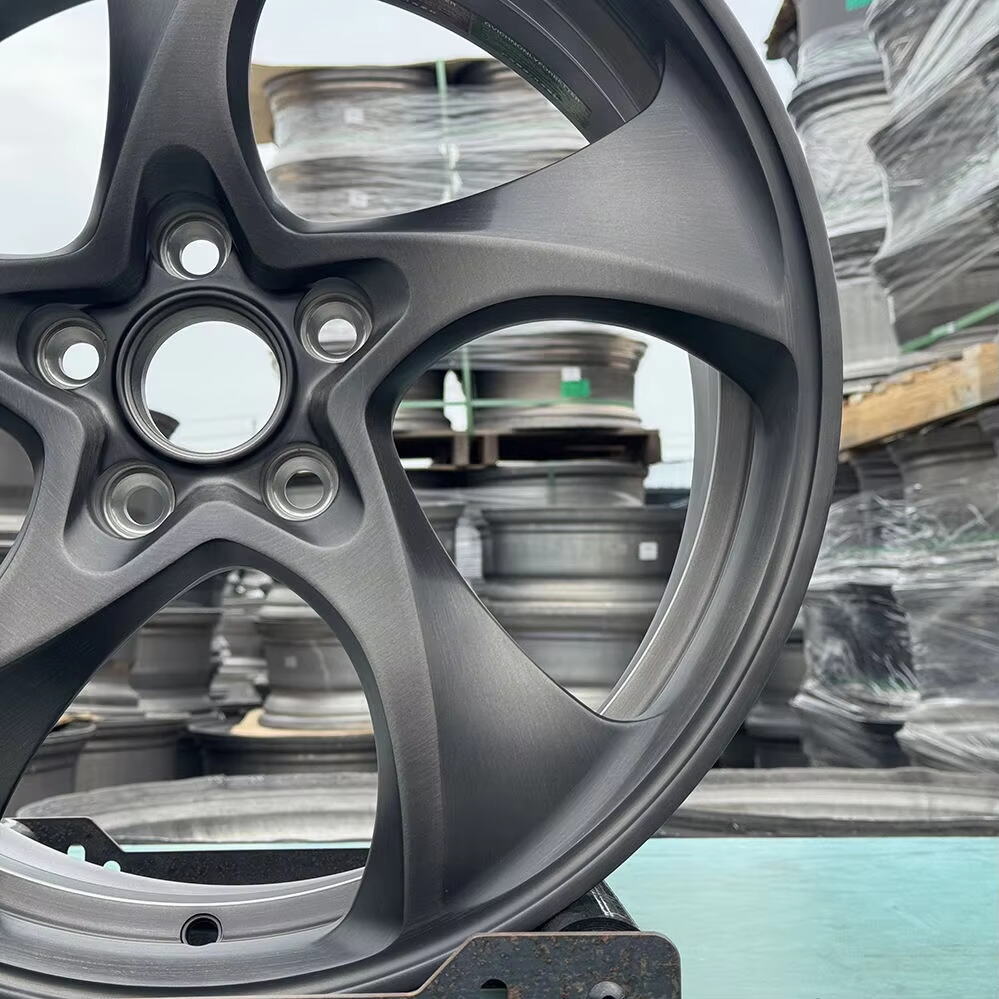
Dimensional Considerations and Fitment
Proper Sizing and Load Ratings
Wheel size compatibility is fundamental to car wheels safety. The diameter, width, and offset must precisely match your vehicle's specifications to ensure proper fitment and optimal performance. Incorrect sizing can lead to handling issues, increased stress on suspension components, and compromised stability during emergency maneuvers.
Load ratings deserve careful attention, as they indicate the maximum weight each wheel can safely support. Exceeding these ratings, especially in situations involving heavy cargo or frequent passenger loading, can lead to catastrophic wheel failure.
Offset and Backspacing Specifications
Wheel offset, the distance from the wheel's mounting surface to its centerline, affects handling characteristics and suspension geometry. Incorrect offset can cause premature tire wear, increased strain on wheel bearings, and compromised stability – all critical car wheels safety concerns.
Understanding backspacing helps ensure proper clearance between the wheel and suspension components. Insufficient clearance can result in dangerous interference during steering or suspension movement, potentially leading to component failure.
Performance Characteristics and Safety Features
Impact on Vehicle Dynamics
Wheel weight significantly influences vehicle dynamics and safety. Lighter wheels reduce unsprung mass, improving suspension response and handling precision. This enhanced responsiveness contributes to better car wheels safety by allowing more effective evasive maneuvers when needed.
The wheel's design affects aerodynamics and brake cooling, both crucial for maintaining optimal performance during extended driving sessions. Proper ventilation helps prevent brake fade, ensuring consistent stopping power in emergency situations.
Weather and Environmental Considerations
Different wheel designs perform differently across various weather conditions. Some wheels feature specific treatments or coatings to enhance corrosion resistance, particularly important in regions with harsh winters or coastal areas where salt exposure is common.
Environmental factors can impact long-term car wheels safety, making it essential to choose wheels suitable for your local climate and driving conditions. This might mean selecting different wheel sets for summer and winter use in regions with extreme seasonal variations.
Maintenance and Regular Inspection Protocols
Preventive Maintenance Guidelines
Regular wheel maintenance is crucial for sustained safety performance. This includes proper cleaning to prevent corrosion, checking for damage after impacts, and ensuring correct torque specifications on lug nuts. Neglecting these aspects can compromise car wheels safety over time.
Professional inspections should be scheduled periodically to detect potential issues before they become critical. This includes checking for structural integrity, balance, and alignment – all factors that directly influence safety and performance.
Signs of Wheel Damage and Wear
Understanding common indicators of wheel damage helps maintain optimal safety levels. These might include unusual vibrations, visible cracks or dents, and uneven tire wear patterns. Prompt attention to these signs can prevent more serious safety issues from developing.
Regular monitoring of wheel condition, particularly after encountering road hazards or extreme driving conditions, helps ensure consistent car wheels safety standards are maintained throughout the wheel's service life.
Frequently Asked Questions
How Often Should Car Wheels Be Inspected for Safety?
Professional wheel inspections should be conducted at least annually, with personal visual inspections performed monthly. Additional checks are recommended after any significant impact or when unusual vibrations are noticed.
What Are the Most Critical Safety Features in Modern Wheel Design?
Key safety features include proper load rating compliance, structural reinforcement in high-stress areas, and design elements that promote effective brake cooling. Advanced manufacturing techniques and materials also contribute to enhanced durability and impact resistance.
Can Aftermarket Wheels Affect Vehicle Safety Systems?
Yes, incompatible aftermarket wheels can interfere with ABS, traction control, and stability systems. It's crucial to choose wheels that maintain proper sizing and specifications to ensure all safety systems function as intended.
What Role Does Wheel Weight Play in Vehicle Safety?
Wheel weight affects handling, braking performance, and suspension response. Lighter wheels typically improve vehicle dynamics and safety by reducing unsprung mass, while maintaining necessary structural strength for safe operation.
Recommended Products
 Hot News
Hot News
-
Forged Carbon Products
2024-05-21
-
Forged Off-Road Accessories
2024-05-21
-
GVICHN Introduces Revolutionary Forged Two-Piece Product
2024-05-21
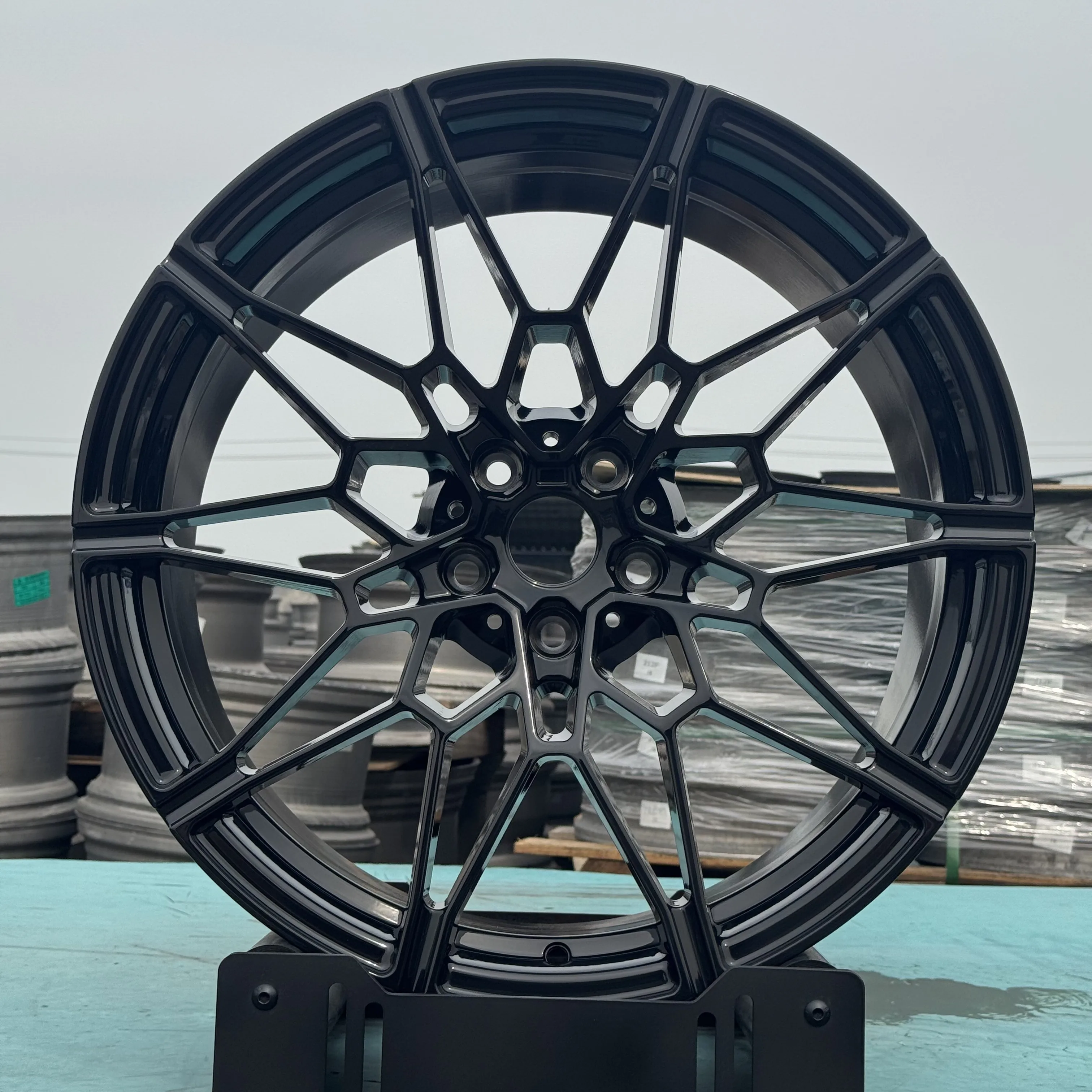

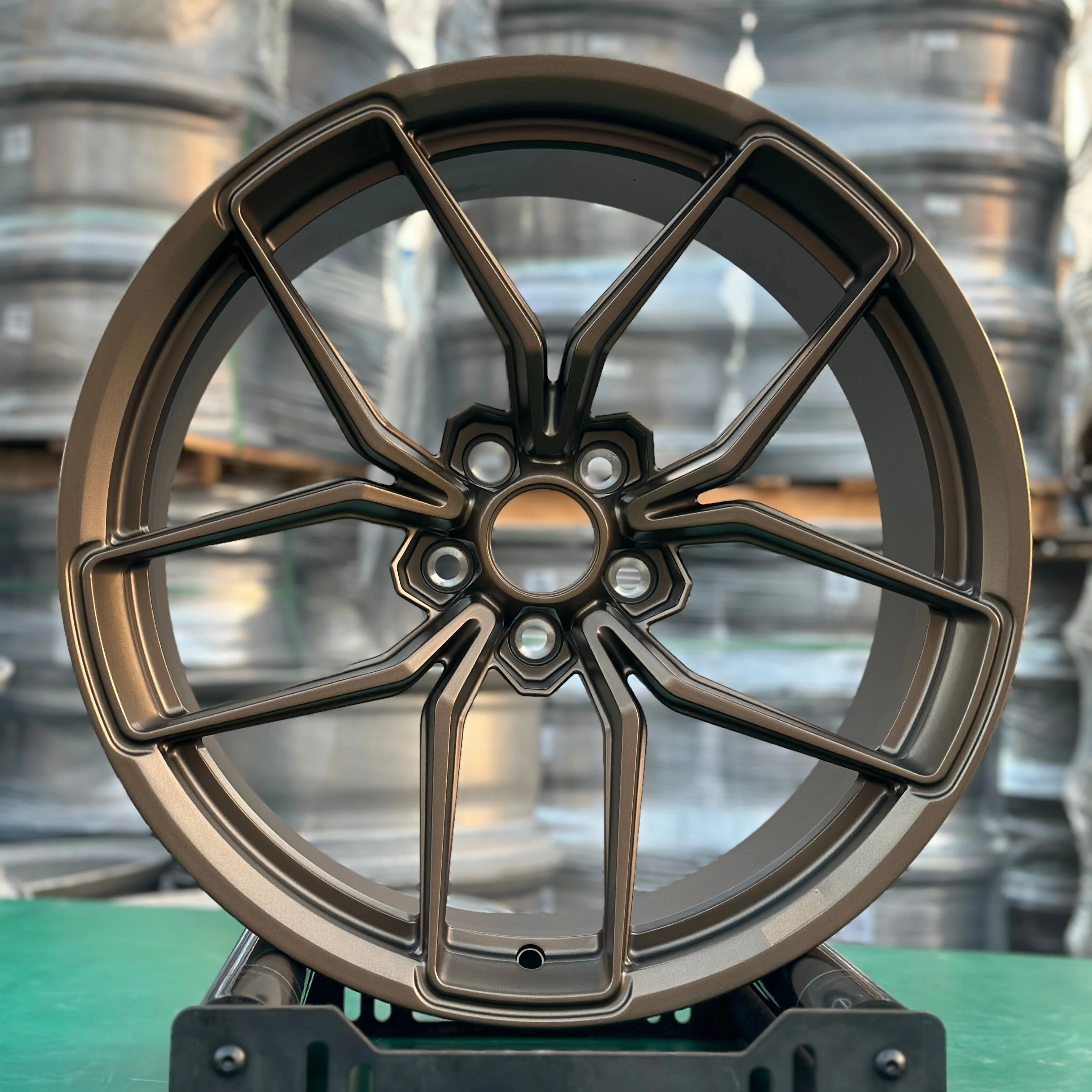
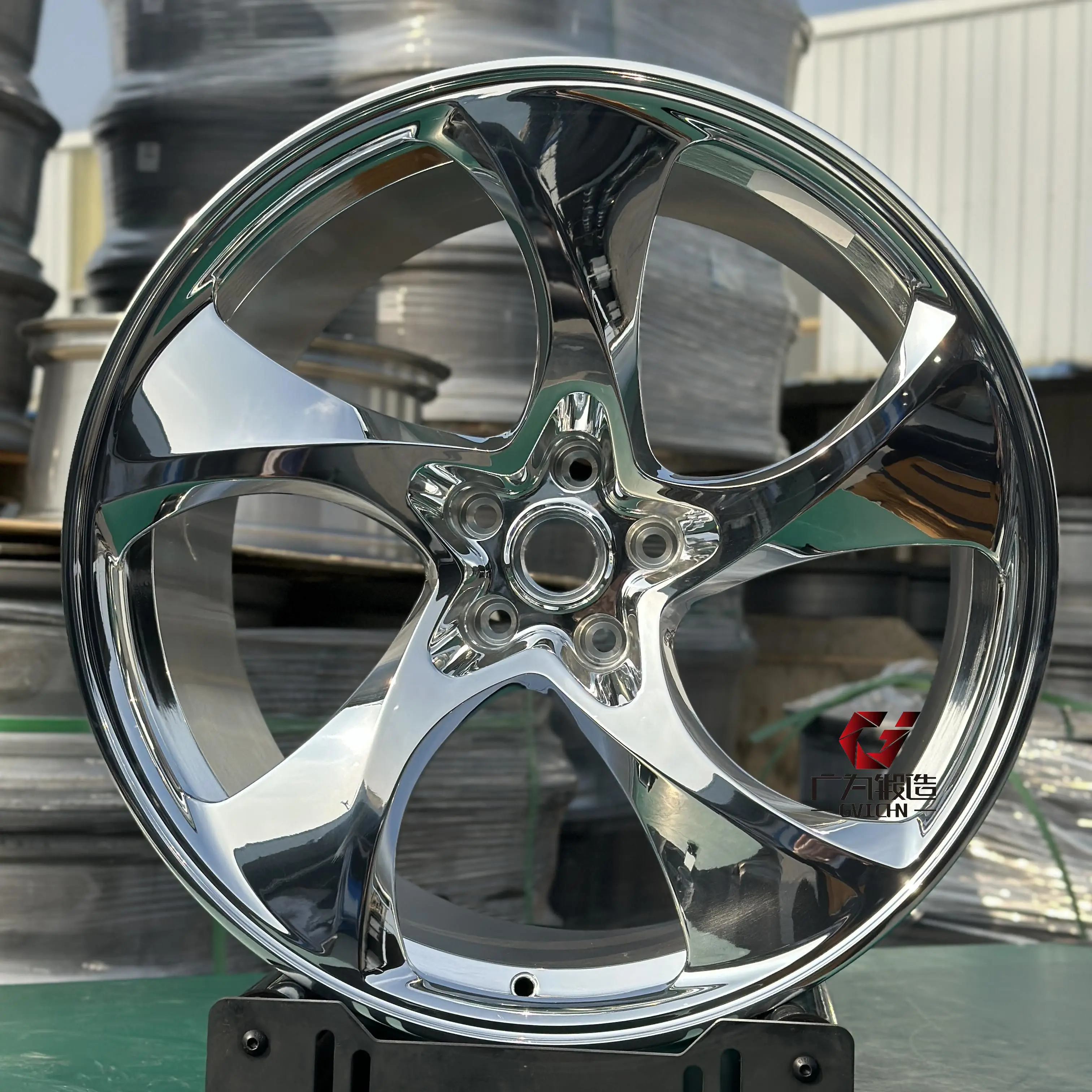
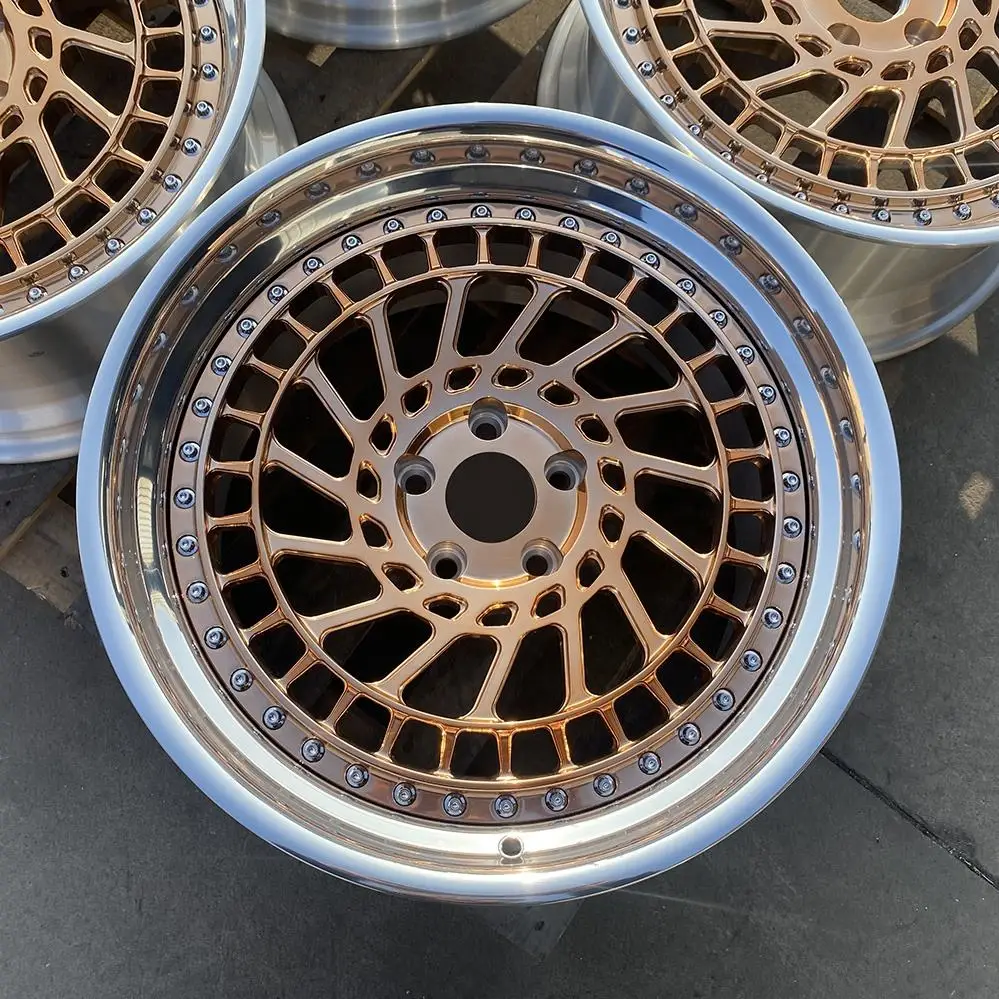
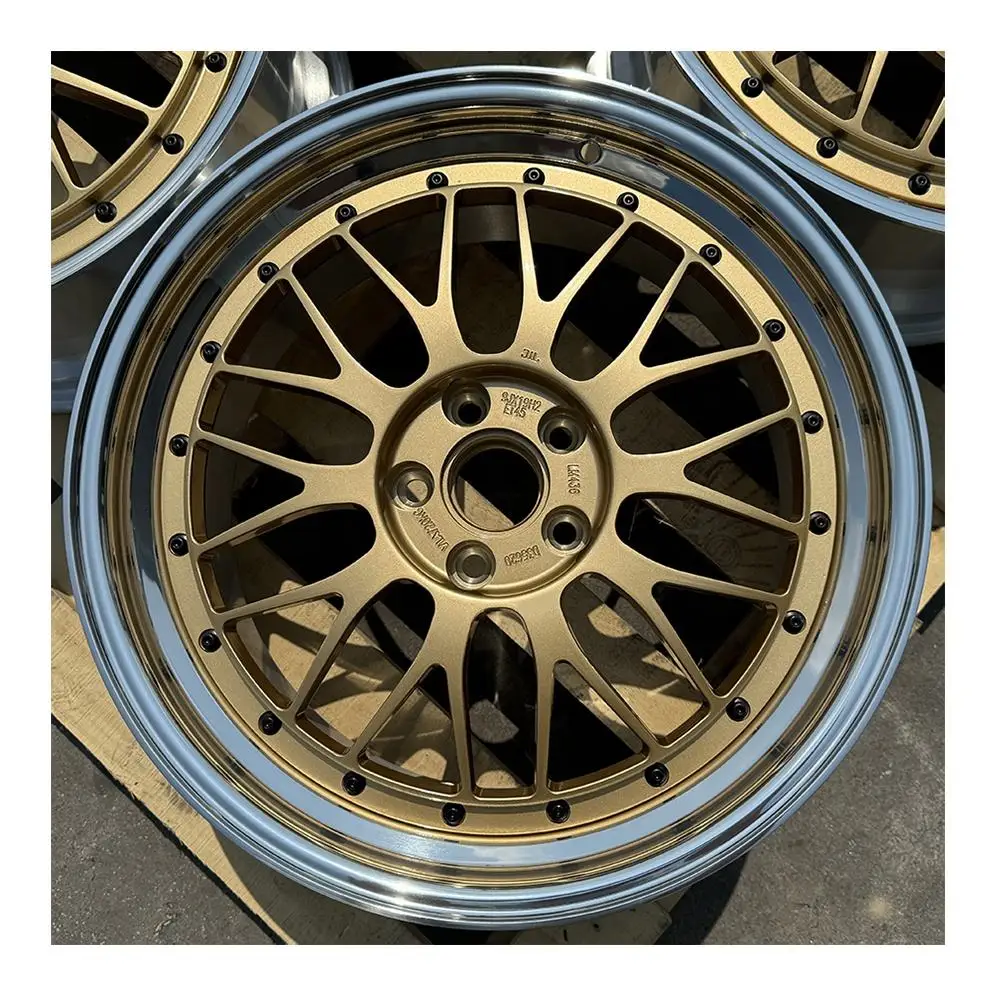
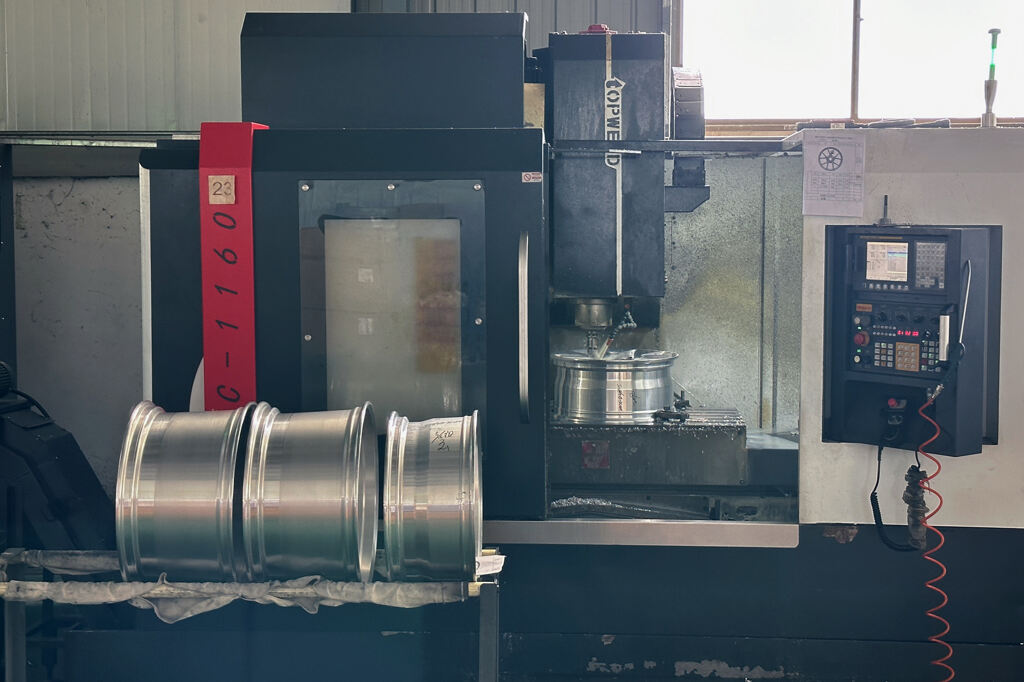
 ONLINE
ONLINE